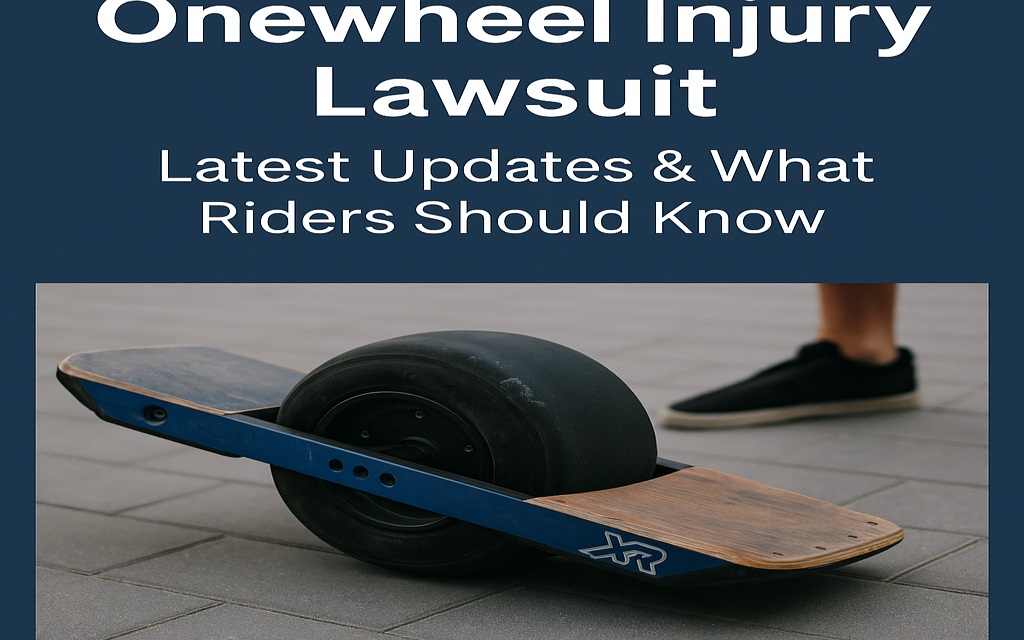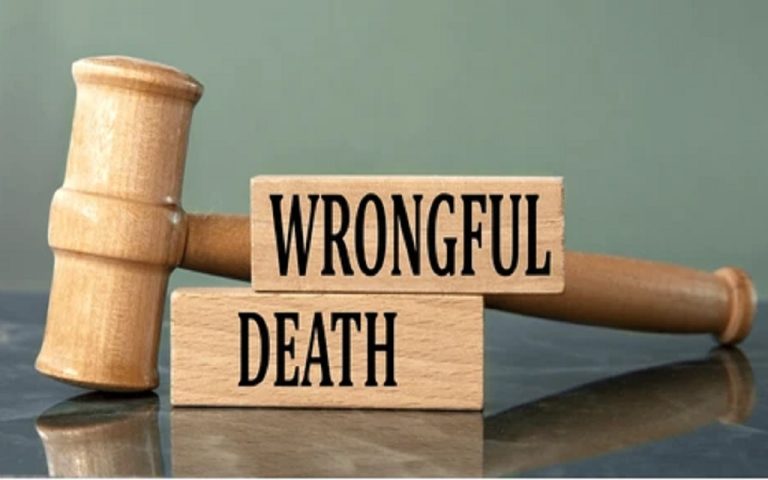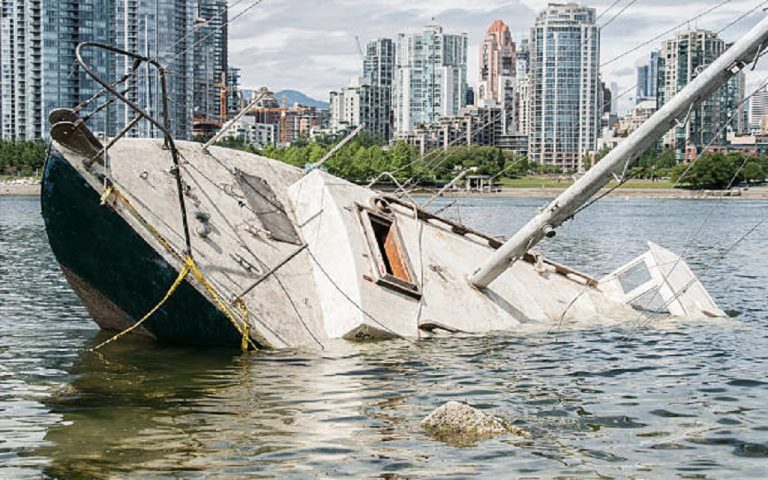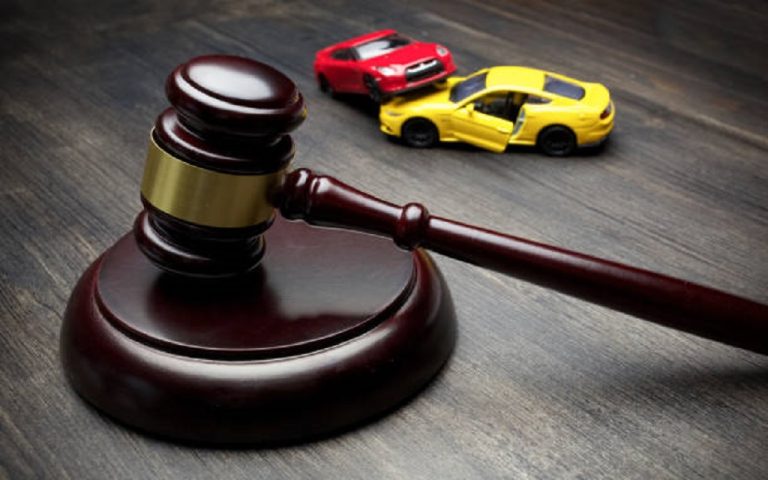You may not expect a self-balancing electric skateboard to pose a risk to your life. Many riders trusted OneWheel to provide a safe experience. Some never got back up after their ride ended in a crash. You are not alone if your board stopped mid-ride and threw you off balance. Hundreds of lawsuits now claim Future Motion knew the danger and failed to act. It is essential to understand your legal rights. You may have a valid claim if your OneWheel board caused serious injury or a loved one’s death. This article helps you know the Onewheel Injury lawsuit, the legal process, compensation, and the steps you should take now.
What Is the OneWheel Injury Lawsuit About?
Riders around the United States have filed lawsuits against Future Motion Inc., the manufacturer of the OneWheel self-balancing electric skateboard. These allegations claim that serious injuries and unjust deaths are caused by an abrupt stop malfunction that ejects riders in the middle of a ride.
Many instances centre on allegations of negligence, failure to warn, and defects in design and production. Riders have reported that the board’s motor regularly cuts off suddenly and without warning when travelling at high speeds. Devastating falls, broken bones, concussions, and sometimes even death can occur from this.
What Caused the OneWheel Lawsuits Against Future Motion?
You should know that hundreds of riders across the United States have filed lawsuits against Future Motion Inc. The company manufactures the OneWheel self-balancing electric skateboard. People allege that the board contains a defect. This flaw causes the motor to stop without warning.
It is essential to know that this sudden power loss throws riders off balance. Many riders have hit the pavement at high speed. Reported injuries include skull fractures, traumatic brain injuries, and spinal damage. The lawsuits also claim that the company ignored safety concerns for years. Court documents reference internal testing failures and user reports.
You should also note that some lawsuits involve fatal accidents. Families of deceased riders say Future Motion failed to design a safe product. They also accuse the company of hiding crash risks from the public.
Must Read: Why Hire an Orange County Personal Injury Attorney?
Why Do Riders Call the OneWheel Boards Defective?
You may wonder why so many riders call the OneWheel defective. Riders and engineers describe four main issues:
- The board suddenly nosedives when it cannot sustain the rider’s speed
- The pushback feature does not warn users strongly enough
- Simplestop mode fails to protect new riders from ejection
- Safety instructions are unclear or buried in digital manuals
OneWheel boards use gyroscopes, firmware, and sensors. When those systems glitch or fail to respond, riders may suffer hard falls. One study by the Consumer Product Safety Commission linked OneWheel boards to at least four deaths.
According to many legal filings, users followed all guidelines. They wore helmets and rode at speeds below the limit. Despite that, the boards still malfunctioned. Riders argue that no extreme trick or error occurred. The cause was hardware or firmware failure.
What Is MDL No. 3092 and Why Does It Matter?
You should know that MDL No. 3092 refers to a multidistrict litigation case. In October 2023, the U.S. Judicial Panel on Multidistrict Litigation established this multidistrict litigation (MDL) to consolidate all OneWheel injury claims. The panel assigned it to Judge Beth Labson Freeman in the Northern District of California.
It is essential to understand that MDLs consolidate lawsuits with similar facts. This process speeds up pretrial discovery. It also prevents different judges from issuing conflicting rulings. By mid-2025, over 250 lawsuits will be part of MDL 3092.
You should expect bellwether trials to start in early 2026. These sample cases may set the tone for future settlements. Courts often use those first outcomes to estimate average payouts and legal risks.
When Did OneWheel’s Legal Trouble Begin?
You should look at this timeline to understand the legal journey:
Onewheel Lawsuit News & Timeline
Key milestones in the Onewheel litigation (federal MDL 3087 & related actions).
First Federal Bellwether Trial Window
The court has scheduled the first bellwether trial to begin in April 2026, with an additional setting anticipated mid-2026.
Discovery & Pretrial Work Continues
Representative personal-injury cases work through case-specific discovery and expert deadlines ahead of the 2026 bellwethers.
Mixed Ruling on Motion to Dismiss
The MDL court granted in part and denied in part Future Motion’s motion to dismiss; key claims proceed. The motion to strike class allegations was denied as premature.
Representative Trial Pool Selected
The court approved a set of representative personal-injury/wrongful-death cases for the initial bellwether track.
Case Management Order No. 2 Issued
Following a case management conference, the court entered CMO #2 to organize discovery, pleadings, and leadership responsibilities.
Federal MDL Created (MDL No. 3087)
The Judicial Panel centralized federal Onewheel cases before Judge Beth Labson Freeman in the Northern District of California.
Nationwide Recall of All Onewheel Models
~300,000 units recalled. GT, Pint X, Pint, and +XR receive a firmware update enabling Haptic Buzz; Original and + receive pro-rated store credit upon disposal.
CPSC Stop-Use Safety Warning
The U.S. Consumer Product Safety Commission urged riders to stop using all Onewheel models due to ejection risks tied to sudden shut-off.
Who Can File a OneWheel Lawsuit?
You can file a claim if your case meets certain conditions. Legal teams often accept claims under the following:
- You rode a OneWheel board safely and according to directions
- You suffered a serious injury due to sudden stopping or a nosedive
- You lost a family member in a OneWheel-related crash
- You did not modify the firmware or board components
You should also gather proof. Medical records, photographs of injuries, and app data may help your lawyer. It is advisable to consult a product liability attorney with experience in multidistrict litigation (MDL) cases.
How Much Money Can You Get from a OneWheel Lawsuit?
You may want to know what victims could receive. Currently, there are no public settlements. However, experts use other product defect cases to set ranges.
- Broken bones or mild head trauma: $100,000 to $300,000
- Moderate brain injury or long-term rehab: $500,000 to $1.5 million
- Death or paralysis: $1 million to $3 million or more
You should understand that compensation depends on many factors. Courts examine medical bills, lost wages, emotional distress, and pain levels. A skilled attorney can estimate your claim’s potential worth after reviewing records.
What Is Future Motion’s Defense in Court?
The company argues that OneWheel boards are not defective. Future Motion says users understand the risks. It claims that no board can guarantee perfect safety. The firm compares OneWheel use to sports like skateboarding or snowboarding.
You should also be aware that Future Motion emphasizes its safety features. The company says its pushback system and Simplestop mode reduce risk. Their defense relies on firmware logs and user manuals.
Despite that, the CPSC recall and public warnings weaken the company’s case. Federal agencies rarely issue stop-ride orders. Lawyers say such action shows a product presents a real danger.
What Legal Terms Should You Understand?
It helps to know the legal language courts and lawyers use:
- Product liability refers to lawsuits against defective goods
- Multidistrict litigation (MDL) joins related cases in one court
- Bellwether trial is a sample case used to guide future rulings
- Negligence means a company failed to take reasonable care
- Punitive damages are intended to punish severe misconduct
- Failure to warn refers to weak or missing safety alerts
You should understand these terms before talking to a lawyer. They appear in all court filings.
How Do OneWheel Boards Cause Harm?
You should know how OneWheel technology works. Each board uses a single large tire and self-balancing sensors. Riders shift weight to move. An onboard computer controls balance and speed.
You may suffer injury if the board cuts off without warning. Riders have no time to react. Falls usually happen head-first. Injuries linked to OneWheel crashes include:
- Traumatic brain injury (TBI)
- Jaw or facial fractures
- Wrist and arm fractures
- Spinal cord damage
- Death in high-impact crashes
You should be aware that most injuries typically occur at low to moderate speeds. Even short rides can result in lifelong damage.
What Steps Should You Take After an Injury?
You should take these actions after a crash:
- Get medical treatment without delay
- Keep the damaged board, charger, and accessories
- Save ride logs or app screenshots
- Speak to a product liability lawyer before speaking to insurance
- File a claim within your state’s time limit
You should check local deadlines. Most states give you one to three years after the accident.
Conclusion: Why Should You Join the OneWheel Lawsuit?
You should consider taking legal action if you were injured by a OneWheel board. Joining the lawsuit may help you get fair payment. It may also hold Future Motion responsible for a dangerous product.
You may be eligible to recover money for your pain, lost income, and treatment costs. You may also help prevent similar injuries to others.
Disclaimer: This article provides a general overview of the Onewheel Injury Lawsuit, based on publicly available information, and is intended for informational purposes only. It does not constitute legal advice.
Musarat Bano is a content writer for JudicialOcean.com who covers lawsuits, legal news, and general legal topics. Her work focuses on research-based, informational content developed from publicly available sources and is intended to support public awareness. She does not provide legal advice or professional legal services.




